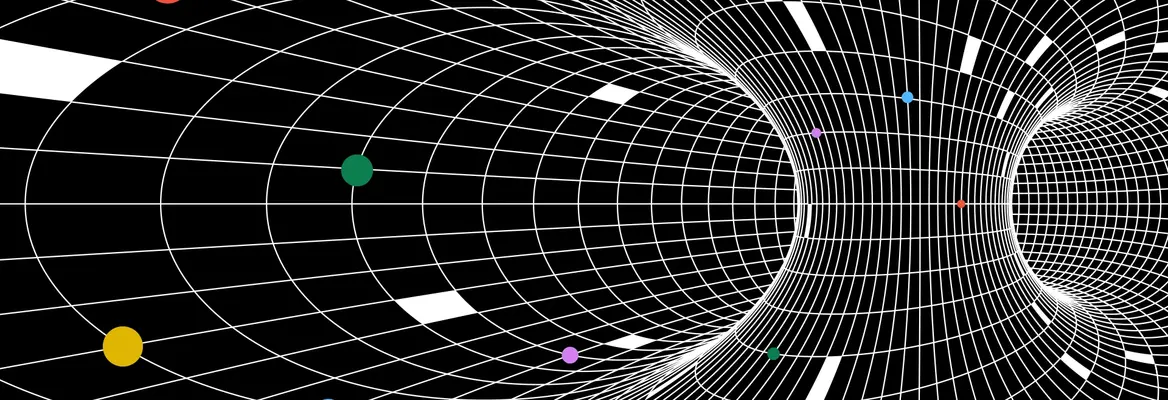The many-worlds interpretation of quantum mechanics says that all possible outcomes of quantum measurements are physically realised in different worlds. These many worlds have proved extremely contentious, with critics arguing that they are mere fantasy. In this IAI interview, David Deutsch explains the philosophy behind the many-worlds interpretation and argues that not only is it the best interpretation of quantum mechanics – it is the only interpretation.
Charlie Barnett: You said during a previous interview on the multiverse interpretation of quantum mechanics that “to do proper science, you have to be a realist.” Could you outline what you mean by this specifically?
Professor David Deutsch: Traditionally, science was just straightforwardly understood – and I think this is the only reasonable thing to do – as being a project of understanding the world. Understanding what there is and how it behaves. And, crucially, what there is that's not visible, not perceptible, but still affects the things that are visible and perceptible.
But in the twentieth century, for various bad philosophical reasons, people started to question that. And they tried to champion ideas like “the world doesn't really exist” – I mean the physical world. Or that if it does exist, we can't have any knowledge of it, or that we are only playing with words, or that there isn't a difference between a truer theory and a less true theory, and so on. And those are all dead ends.
They are all really promoting an agenda of not understanding the world. Not of understanding it better by realising that we're only talking about words and that kind of thing, but an agenda of not understanding anything, which isn't worth having.
___
We only ever trust propositions that are strictly false, even though they may contain knowledge.
___
You use the phrase “bad philosophical reasons.” When you say that, are you saying more than just that people were wrongheaded? Are you saying that there was some malign motivation?
Not malign. I'm drawing a distinction between philosophy or philosophical theories that are false, like that there's no such thing as infinity or that sort of thing, and philosophies that are bad, which are philosophies that intend to sabotage the debate or prevent progress. So I call that bad philosophy. And the twentieth century was increasingly filled with bad philosophy as well as false philosophy.
But false is not pejorative. All human knowledge is false. As Popper said, we're all alike in our infinite ignorance.
So there's no shame in being wrong. But there is some sort of shame, even if you do it unintentionally, in trying to short-circuit arguments on principle and settling into a fixed, unchanging worldview.
 SUGGESTED READING
The world is not a quantum wave function
By Valia Allori
SUGGESTED READING
The world is not a quantum wave function
By Valia Allori
That's interesting. Why would people want to short-circuit arguments in principle? Are they trying to achieve certain ends? Is it something that they are unknowingly doing?
It all comes down to the theory of knowledge, epistemology. Historically, people adopted a rather naive theory of knowledge, which is workable. It required fine-tuning at the edges and so on. But gradually, in the eighteenth and especially the nineteenth century, people started taking seriously that, for example, knowledge comes from our senses, but our senses are fallible. Therefore, there's no such thing as knowledge. That sort of argument.
Now, when that was first proposed, people didn't take it seriously and just carried on with solving their problems as best they could.





















Join the conversation